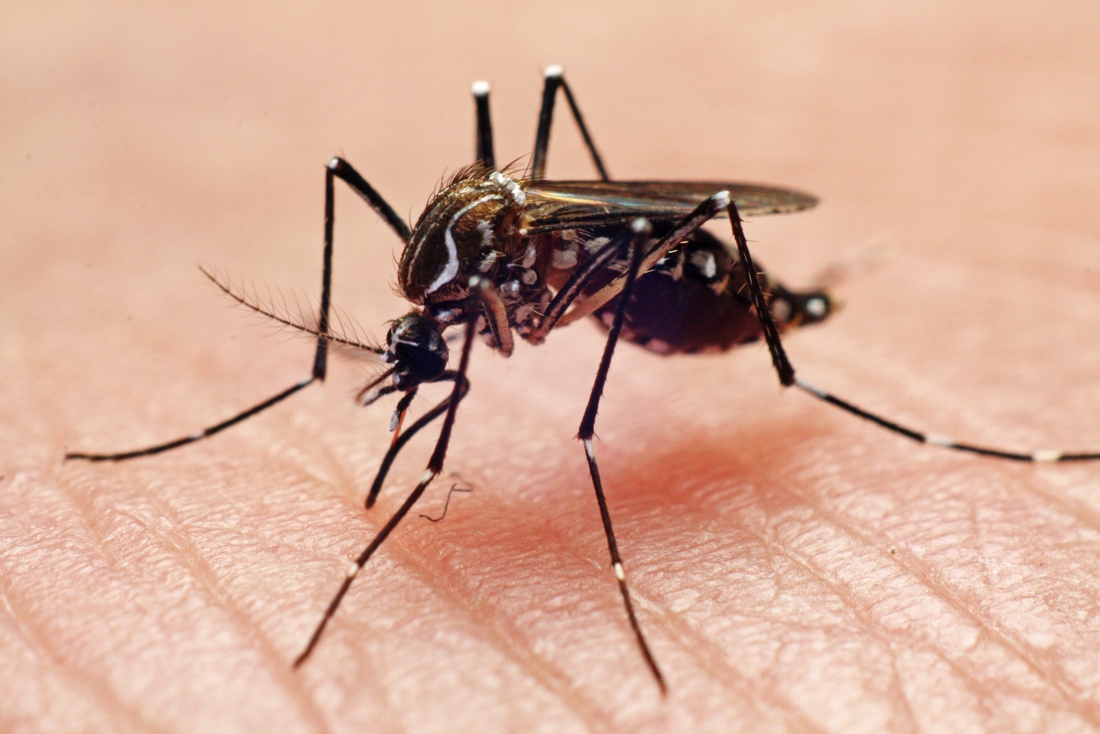© Getty Images
–
Researchers from the Rega Institute of KU Leuven and CD3 (Centre for Drug Design and Discovery) have developed an antiviral agent against dengue. The university announced this on Wednesday. The agent is particularly effective against all known variants of the dengue virus, and can be used both preventively and curatively.
–
Source: BELGIAN
—
It is the first time such a breakthrough in the fight against dengue has taken place worldwide. The Leuven team has published its findings in the renowned scientific journal Nature.
Every year, about 400 million people worldwide become infected with the dengue virus, which is transmitted by mosquitoes. About 100 million people get sick, thousands do not survive the disease. Symptoms of dengue include a high fever and severe muscle and joint pain. Some patients also develop subcutaneous bleeding or leaky capillaries. There are currently no antiviral drugs to prevent or treat dengue.
Thanks to years of research by the Rega Institute and CD3, led by Professor Johan Neyts and Patrick Chaltin, this may change in the future. The drug the team has developed has a “unique mechanism,” says Neyts. “Our virus inhibitor prevents the interaction between two viral proteins, which are part of a kind of copying machine, which ensures that the genetic material of the virus is copied. If this interaction is blocked, the virus can no longer copy its genetic material. As a result, no new virus particles are produced.”
The team has tested the virus inhibitor on mice and the results are very promising. A low orally administered dose of the drug also proved to be very effective. Moreover, the treatment is still effective when the infection is already at its peak. In those cases, the number of virus particles in the blood drops drastically within 24 hours of starting treatment. “This shows how extremely powerful the antiviral is,” said researcher Suzanne Kaptein (Rega Institute).
The tests in mice have also shown that the drug can also be used preventively. People who live in areas where there is a dengue outbreak could take a pill to protect themselves. “But travelers or NGO employees who go to a high-risk area, for example, could also use the drug preventively. In principle, we could develop tablets of which someone takes one pill a day, as is already the case for malaria,” says Professor Neyts.
The researchers collaborated with scientists from Janssen Pharmaceutica. Normally, the pharmaceutical company will publish the results of clinical studies in mid-November.
— .


